ABUSE RECOVERY
WHAT IS ABUSE?
When people think of abuse, common examples include a parent who hits their child or a woman physically abused by her partner. However, it’s important to understand that abuse is often more than just physical violence from a perpetrator. Abuse can occur in covert forms such as control, oppression, coercion, and manipulation. These methods are insidious, taking place over months or even years, and slowly normalizes harmful behaviors, making it difficult for the victim to discern the abuse. This is common in romantic relationships when the abuser exploits their partner’s desire to make them happy. One example may involve an abuser who tells their partner that when they fail to meet unrealistic expectations, that it’s because their partner doesn’t care or love them enough. This drives the victim to overwork to keep their partner happy, often at their own physical and emotional well-being.
You may be familiar with the concept of “gaslighting.” Gaslighting is a form of psychological abuse in which perpetrators break down their victims through manipulation, forcing them to second-guess themselves and their own perceptions of reality. Someone gaslighting you may blame you for their own abusive actions, they may humiliate or embarrass you, then downplay their actions by suggesting that you “can’t take a joke,” or outright denying their actions by saying “you’re imagining things.” This can cause a deep sense of confusion, creating distress and a loss of trust in yourself. As a result, you become more vulnerable to your abuser’s actions and controlling behaviors.
Some people are also victims of financial abuse, which occurs when an abuser uses finances to control you and your actions by limiting some, or even all of your monetary independence. Examples include using finances to control where and when you can spend money, withholding necessities from you, controlling your bank account, and stealing from you. Victims often become dependent on their abuser for financial support, meaning that leaving the relationship leaves the victim facing problems with stable housing, food, and transportation.
THE EFFECTS OF ABUSE
Adults who’ve grown up in abusive households are also faced with complex challenges. While it’s common to have problems with self-esteem and anxiety, part of the challenge faced by adults is how their abusive childhood warps their perception of healthy relationships. Because things like control, manipulation, and volatility have been normalized, victims may not recognize abuse when it happens and may even engage in abusive behaviors themselves. Adults who’ve grown up in physically abusive homes often point out that the emotional abuse and neglect have left even deeper scars that affect multiple areas of their lives.
The effects of abuse are serious, affecting an individual on multiple levels, and varying based on severity, type, and the length of time abuse has occurred. Victims of abuse are more likely to struggle with low self-esteem, relationship instability, PTSD, and other mental health issues. Abuse can also leave victims with a deep sense of shame and self-blame, believing that they could have somehow prevented the abuse. Some of these consequences can extend well beyond the life of the abusive relationship and require ongoing work to ensure healthy management and healing.
HOW THEREAPY CAN HELP
Therapy can help immensely with the healing process. Sometimes, simply having a non-judgmental space to talk through your experience can be a significant first step towards the healing process. Through therapy, we will focus on breaking down the complexity of your abusive experiences, providing you with the language needed to understand how you’ve been affected. You’ll notice that as you heal, you’ll have greater control over your distress tolerance and ability to manage your emotions. As you confront the nature of your abuse, we’ll work together to rebuild your self-esteem and reduce the effect that your abuse has on your life. We will work together to help you live a life with you in control and with you able to build and maintain healthy relationships.
During your life, you may have found yourself a victim of some form of abuse. Abuse occurs when someone intentionally causes harm, distress, and/or injury. The consequences of abuse can be profound, leaving victims with both physical and psychological damage. Victims are often left with low self-esteem, confusion, and feeling undeserving of unconditional love, acceptance, and compassion. These effects can last a lifetime, affecting relationships, career, and overall health.



